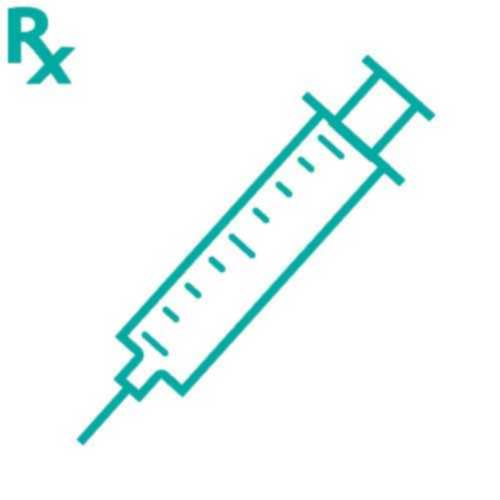Uses of Endoxan N 500mg Injection
Endoxan N 500mg Injection is used for the treatment or prevention of the following disease(s):
Cancer (Breast, Blood, Head and Neck, Lung)
Side effects of Endoxan N 500mg Injection
Precautions while taking Endoxan N 500mg Injection
Dosage of Endoxan N 500mg Injection
Overdose of Endoxan N 500mg Injection
Onset of Action of Endoxan N 500mg Injection
Duration of Action of Endoxan N 500mg Injection
Precautions & Warnings
Alcohol
Information will be added soon.
Pregnancy
Information will be added soon.
Breastfeeding
Information will be added soon.
Driving
Information will be added soon.
Kidney
Information will be added soon.
Liver
Information will be added soon.
Interactions
Drug :- Allopurinol, myelosuppressants:
May increase myelosuppression. Monitor patient for
toxicity.
Amiodarone:
May increase risk of pulmonary toxicity. Monitor therapy.
Anticoagulants:
May increase anticoagulant effect. Monitor patient for bleeding.
Aspirin, NSAIDs:
May increase risk of bleeding. Avoid using together.
Azole antifungals (itraconazole):
May increase exposure to cyclophosphamide and its metabolites.
Closely monitor patient for cyclophosphamide adverse reactions.
Barbiturates:
May enhance cyclophosphamide toxicity. Monitor patient closely.
Carbamazepine:
May increase cyclophosphamide level. Monitor patient carefully and adjust
cyclophosphamide dosage as needed.
Digoxin:
May decrease digoxin level. Monitor level closely.
Live-virus vaccines:
May increase vaccine-induced adverse reactions. Don't give together.
Pentostatin:
May cause respiratory distress, hypotension, hypothermia, and death. Avoid use together
if possible.
Phenytoin:
May increase risk of cyclophosphamide toxicity. If coadministration can't be avoided,
monitor patient carefully and consider reducing initial dose of cyclophosphamide.
Quinolones:
May decrease the antimicrobial effects of quinolones. Monitor patient.
Succinylcholine:
May prolong neuromuscular blockade. Avoid using together.
Thiazide diuretics:
May prolong antineoplastic-induced leukopenia. Monitor patient closely.
TNF blockers:
May increase the incidence of noncutaneous solid malignancies. Use together isn't
recommended.








